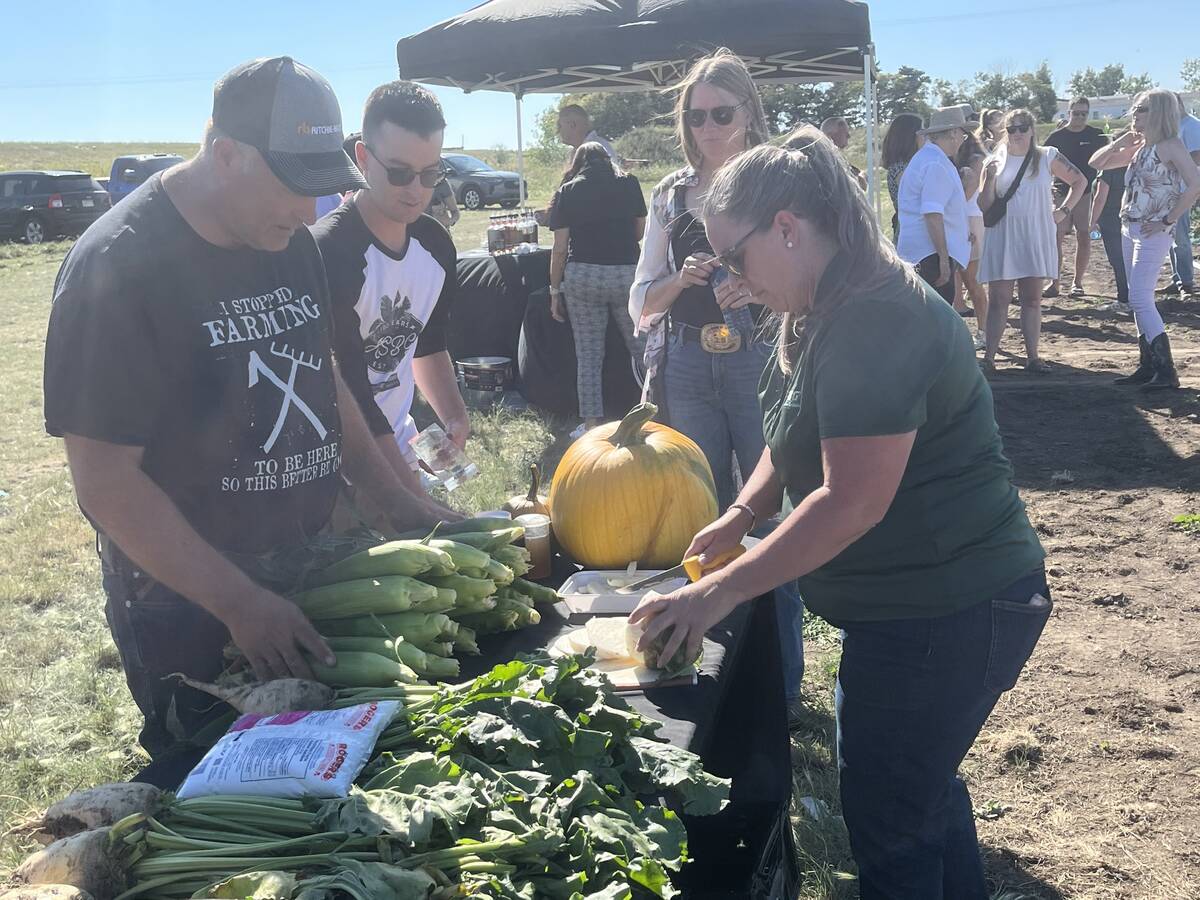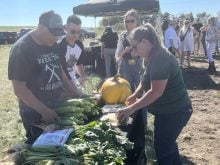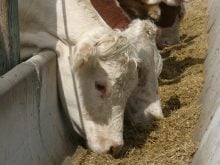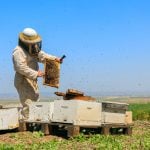SASKATOON – Saskatchewan rural municipalities say they’ll take the federal government to court if necessary to compensate for losing a tax base when First Nations land claims are settled.
The head of the Saskatchewan Association of Rural Municipalities said rural governments could lose up to $10 million in tax revenue if all outstanding claims are honored.
“One or two quarters is not a big concern, but when you lose 10 or 15 percent of land and have 15 percent less taxes, who picks up the shortfall?” said Sinclair Harrison during a Nov. 25 conference on First Nations/municipal relations.
Read Also

Alberta farm lives up to corn capital reputation
Farm to Table Tour highlighting to consumers where their food comes from features Molnar Farms which grows a large variety of market fruits and vegetables including corn, with Taber being known as the Corn Capital of Canada.
There are two types of land claims: Treaty land entitlement makes up for the shortfall which occurred when natives were promised land in the original treaties but didn’t get it; and specific claims, where land was taken away from individual bands with no compensation.
So far, land in two RMs in Saskatchewan have been given reserve status under specific claims.
The federal government is offering municipalities a one-time payment of five times the annual tax on the land to give them time to adjust to the shortfall. Rural municipalities want 22.5 percent in 90 days, the same amount paid to settle treaty land entitlement agreements.
Harrison said SARM expects the federal government to honor a 1990 agreement to settle specific claims in a similar fashion as claims under land entitlement.
The province’s first specific claim was signed Oct. 24, and that day the clock started ticking, Harrison said. On Jan. 24, 1997, when 90 days are up, SARM will consider litigation, Harrison said. The association hasn’t heard back from the federal government on an earlier request to call in a mediator to settle the dispute.
“Ten million dollars is a lot of money but for the sake of peace in Saskatchewan for a long time, we think it is worth it,” Harrison said.
A spokesperson for the federal government said its position is to step away from negotiations once a specific claim has been settled.
“Our position is that the best place for those (third-party) negotiations to take place is between the parties affected,” said George Cornwell, director of Saskatchewan’s lands in trust service for Indian and Northern Affairs.
“We provide the settlement and believe the bands and RMs can negotiate a deal.”
Land which was taken away illegally should be returned, but Cornwell said it would have always been exempt from municipal taxation.
Municipal affairs minister Carol Teichrob said the provincial government will stand behind SARM in the dispute: “We do believe compensation for specific claims should be given the same amount as treaty land entitlement.”
Until the issue gets resolved, Harrison said bands might continue to get a cool reception from rural residents when they’re out looking to buy land.
Others will suffer
“The guy selling his land wants the highest price he can get but he’s moving out and is not going to have to bear the expense,” Harrison said. “But if you talk to the rest of the neighbors I suspect they will have a different opinion.”
But in a theme which continued to resurface throughout the conference, several delegates said Saskatchewan residents and municipalities should turn their attention to the positive aspects of land claim settlement.
“We’re talking about a half-million-dollar input into the Saskatchewan economy, the biggest boon, and our people are now coming into this economic playing field,” said Noel Starblanket, who acted as an adviser setting up an urban reserve in Fort Qu’Appelle three years ago.
“We have to talk to each other on the same level.”
Federation of Saskatchewan Indian Nations chief Blaine Favel said half of all children entering kindergarten in the province by 2000 will be First Nations or Metis.
“Our interest is to take care of our people and have healthy communities,” he said. “That should not be seen as a threat to Saskatchewan or Canada, but rather a benefit.”














